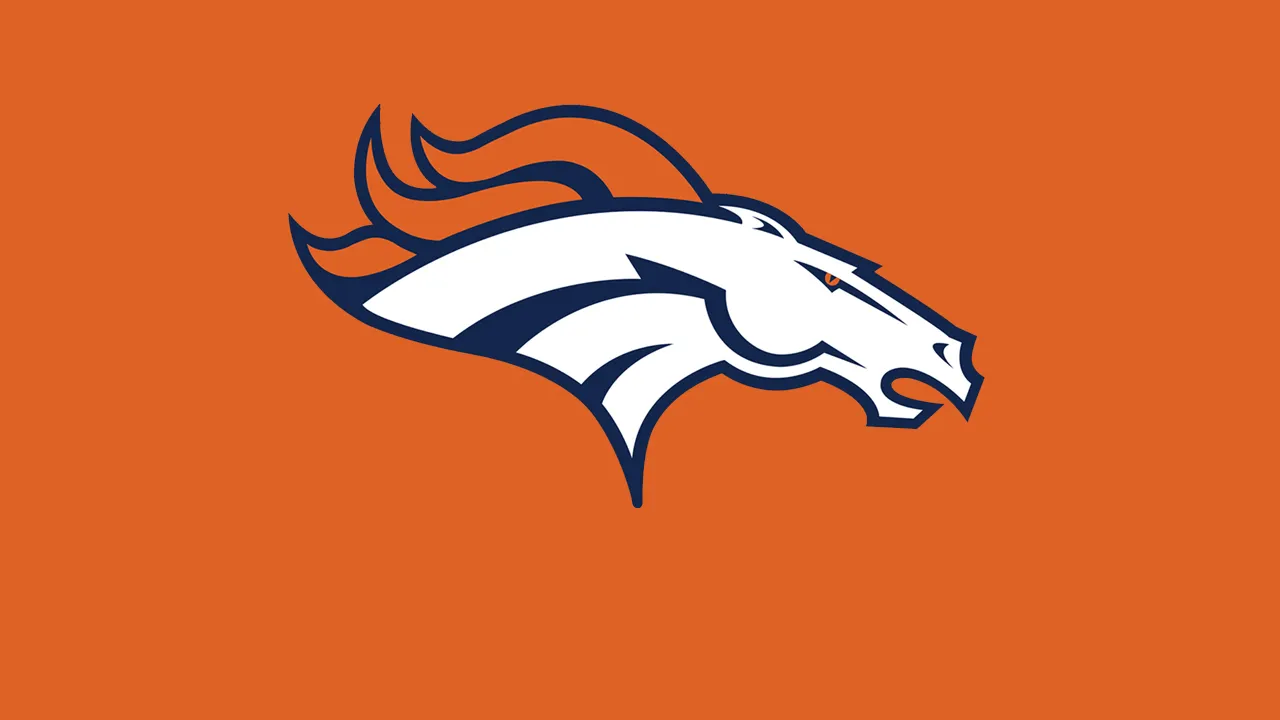
Securing a baseball scholarship can be a dream come true for talented athletes looking to pursue their education while continuing to play the sport they love. But competition is fierce, and understanding the scholarship process can be daunting. This guide will take you through essential steps and provide valuable tips on how to stand out to coaches, build an impressive athletic profile, and increase your chances of landing a baseball scholarship.
What Are Baseball Scholarships and Why Are They Important?
College baseball scholarships are financial awards given to talented baseball players to help cover tuition, room and board, or other educational expenses. These scholarships are highly sought after, as they allow athletes to play baseball at a collegiate level, gain a quality education, and develop their skills without facing the financial burden that often comes with attending college.
Types of Baseball Scholarships
Understanding the types of baseball scholarships available is the first step. In the U.S., athletic scholarships come in various forms, primarily at three main levels:
- Division I (DI): The highest level of competition, offering the most visibility and largest scholarships.
- Division II (DII): Competitive but with fewer scholarship resources than DI.
- Division III (DIII): Does not offer athletic scholarships but can provide academic scholarships or grants.
Research Colleges and Baseball Programs
Before diving into scholarship applications, research different schools and their baseball programs. Look at colleges based on:
- Location: Decide if you want to stay close to home or are open to attending school farther away.
- Team Strength and Reputation: Some programs have a strong legacy in baseball, which can provide better exposure.
- Scholarship Availability: DI and DII schools are often more likely to offer athletic scholarships. DIII schools may offer alternative financial aid.
Build a Strong Baseball Skill Set
Athletic ability is the key to securing a baseball scholarship. College coaches look for athletes who stand out on the field, and they typically focus on specific skills:
- Hitting Ability: High batting average, power hitting, and on-base percentage.
- Pitching Speed and Accuracy: Strong, consistent pitching skills for pitchers.
- Fielding Ability: Range, throwing speed, and defensive reliability.
- Base Running: Speed, agility, and an understanding of how to read plays.
Work on enhancing these skills through practice, training camps, or with a personal coach if possible. Focused, consistent training is essential to improving your game.
Create an Impressive Athletic Profile
Your athletic profile serves as a resume for college coaches. It should showcase both your athletic and academic achievements.
- Athletic Stats: Include accurate measurements, such as your batting average, ERA, and running speed.
- Highlight Videos: Show your skills in action. These videos should include footage of you batting, pitching, and fielding.
- Academic Achievements: Include GPA, SAT/ACT scores, and academic awards.
- Personal Achievements: Mention any leadership roles or community service, which highlight your well-rounded character.
Having a professional-looking profile on platforms like NCSA (Next College Student Athlete) or a personal website can give you an edge.
Attend Baseball Showcases and Camps
Showcases and camps offer a chance to display your talent in front of multiple college coaches. Here’s why they’re crucial:
- Exposure to Coaches: These events are often attended by coaches who are actively scouting for recruits.
- Skill Assessment: Coaches can evaluate your skills directly, which is more impactful than reading stats alone.
- Networking: You’ll have the chance to speak with coaches and other players, which can help you learn more about programs and expectations.
To make the most out of these events, research which showcases and camps are well-regarded. Try to attend those that have coaches from schools you’re interested in.
Reach Out to College Coaches
Networking with college coaches is an essential step in the scholarship process. While coaches attend camps and showcases, sometimes reaching out directly can also set you apart.
Tips for Reaching Out:
- Email Introduction: Send a concise, well-written email introducing yourself, your athletic profile, and why you’re interested in their program.
- Follow-Up: If you don’t receive a response, follow up after a couple of weeks.
- Game Schedule: Share your game or tournament schedule so coaches can see you in action.
- Be Respectful and Professional: Show genuine interest in the program and appreciation for the coach’s time.
Maintain Academic Excellence
A strong academic record can make or break a scholarship offer. College coaches seek athletes who are dedicated both on the field and in the classroom.
- Maintain a Good GPA: Many programs have minimum GPA requirements.
- Test Scores Matter: High SAT or ACT scores can enhance your overall appeal.
- College Readiness: Demonstrating academic discipline can make you a better candidate for a scholarship, especially at competitive schools.
Use Recruiting Services (Optional)
While not essential, using a recruiting service like NCSA or FieldLevel can make the process easier by connecting you with a network of college coaches. These platforms can:
- Expand Your Visibility: Your profile is visible to a wide range of coaches.
- Automate Communication: The platform can assist in sending emails, tracking responses, and maintaining communication.
- Offer Additional Resources: Many recruiting services provide personalized feedback, training programs, and more.
Prepare for Scholarship Interviews and Offers
If you’re fortunate enough to get offers, there may be an interview process. Here’s how to handle it:
- Know Your Goals: Be clear about your academic and athletic goals.
- Stay Confident and Positive: Show enthusiasm for the school and the program.
- Be Honest: Transparency in discussing your strengths, weaknesses, and future aspirations will build trust.
Common Questions About Baseball Scholarships
How many baseball scholarships are available each year?
The number of scholarships varies by program and division. DI programs can offer up to 11.7 scholarships per team, while DII programs offer around 9. DIII schools do not offer athletic scholarships, though other financial aid may be available.
Can I get a baseball scholarship if I play multiple positions?
Yes! Versatile players who excel in multiple positions can be more appealing to coaches, as they offer flexibility in team lineups.
Do junior colleges (JUCO) offer baseball scholarships?
Yes, junior colleges often provide athletic scholarships and can be a great option if you’re looking to transfer to a four-year program later.
How important are academics in the baseball scholarship process?
Academics play a crucial role, as many schools have minimum GPA and test score requirements for scholarship athletes. Strong academics can also qualify you for additional financial aid.
What should I include in my highlight video for baseball recruiting?
Your video should showcase your best plays, including hitting, pitching, and fielding. Aim for a clear, professional presentation to help coaches evaluate your skills effectively.
Conclusion
Earning a baseball scholarship takes hard work, strategic planning, and commitment. By refining your athletic skills, maintaining solid academics, building a strong profile, and networking with coaches, you can greatly increase your chances. Whether you’re aiming for a DI school or looking for an opportunity at a junior college, following these steps can help you reach your goal. The path to a baseball scholarship may be challenging, but with dedication and a clear strategy, it’s within your reach.



